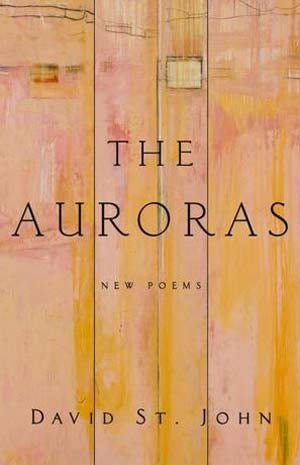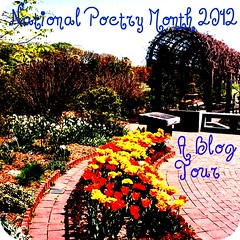
However, within these subtle lines and images, there are real gems, leaving conclusions and epiphanies with the reader, like in “The Aurora of the New Mind” (Page 4):
Still I look a lot like Scott Fitzgerald tonight with my tall Tumbler of meander & bourbon & mint just clacking my ice To the noise of the streetcar ratcheting up some surprise I had been so looking forward to your silence & what a pity it never arrived
But even with these offhand remarks do not end the discourse of the poem; the narrator’s desire for silence is powerful and he has not qualms about uttering it aloud, but is he happy when he receives it or is he unsettled by the granting of that wish? Through subtle images and seemingly forthright comments, the narrator has brought to the surface questions of how when we receive our desires the result may be less adequate than expected. Following that train of thought, “Shopenhauer’s Dog Collar” (Page 14) speaks to the dissatisfying nature of desire fulfilled as Shopenhauer himself did in some of his philosophical works and the disillusionment of that realization in “Three Jade Dice” (Page 8-9):
I wish I could tell you that it's time for coffee I wish I could tell you that the card table Carved of onyx & ivory Supports a life of orgasmic hope & certain prosperity I wish I could tell you the legs of the piano reach All the way to the ground as I wish I could tell you the melody of the forgotten Is as beautiful as the melody of the desired
“In the High Country” has poems that set the narrator apart from the action of each poem as events and moments — regretful and heartbreaking moments — are witnessed and observed in a helpless state, especially in “From a Bridge” (Page 23), “Waiting” (Page 24), “Human Fields” (Page 32), and “My Friend Says” (Page 34), but in “My Friend Says” the narrator begins to draw comparisons between himself and the subject of the poem or in some cases the “victim” of the events in the poem.
In the final section that mimics the name of the collection, the narrator becomes a mouthpiece of a higher power, speaking to the reader about the glories of the moment and how each is not perishable, but leaves a lasting imprint on the earth even if it is not explicitly seen. But there remains a questioning between the poems, a wondering about what will remain behind once one passes into the next world or simply ceases to exist. There is a reverberation of each person as we pass through the lives of one another, and those “auroras” will live on even after we have passed.
The Auroras by David St. John are at once deceptive in their simplicity and complex in their references to Fitzgerald, Shopenhaur and others, but the arc of the collection is that our beings impact one another and the world around us in even the most unapparent ways. And while we lament the passing of our family, friends, and those who have sought to move on without us to other places and times, their indelible marks remain as do our own.

Prizewinning poet David St. John is the author of ten collections of poetry, including Study for the World’s Body: New and Selected Poems, which was a finalist for the National Book Award, as well as Where the Angels Come Toward Us, a volume of essays, interviews, and reviews. He is the co-editor, with Cole Swenson, of American Hybrid: A Norton Anthology of New Poetry. He teaches at the University of Southern California and lives in Venice Beach.
***For today’s National Poetry Month Blog Tour stop head over to Diary of an Eccentric.***
Want to win a copy of The Auroras for yourself? Go enter.







I’m kind of digging these!! I liked the first one.
I really liked these. The style was not something I was used to but these were really good. You can enter to win a copy if you like.
I’ve always been fond of poems that are, as you said, deceptive in their simplicity. I really enjoyed your review.
I’m glad you enjoy the review. There is a copy up for grabs if you enter this month in the contest: https://savvyverseandwit.com/2012/04/welcome-to-the-2012-national-poetry-month-blog-tour.html
Also I’ll be posting your guest review next week.
You do a great job delving into these poems. I wish I could be that analytical. Sounds like an interesting collection.
I really didn’t like this collection when I started reading it, but by the end, it had won me over completely.